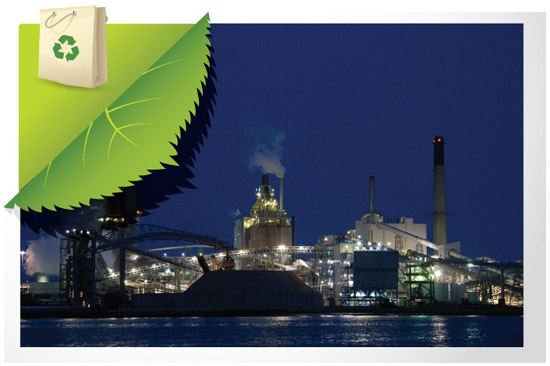
Taking care of the environment is now part of our legislation and of our future. The laws are ever-changing and the fines for non-compliance continue to occur, increase. What’s more, you may not have a have a team of experts that can address –foresee– the newest changes; and you need a packaging source that realistically addresses the laws (before the fines knock at your door!). You also demand award-winning packaging that has great graphics and promotional value. This is a tall order; however, unique eco-certified packaging can now be part of your solution. The following steps will afford greater sustainability and compliance with the laws…
When Choosing a Packaging Source, Inquire About These Topics:
- Green-Product Certification.
- Promotion of Green-Harmony and Zero-Waste Standards.
- Cleaner Production and Technological Innovation.
- Carbon Management at both corporate and product levels.
- Publishing of White Papers.
- CERTIFICATIONS
1. ISO14001 Environmental Standards: International Organization for Standardization, widely known as ISO, promulgates industrial and commercial standards worldwide.
2. FSC-COC Certificate: Internationally-recognized Forest Stewardship Council’s Certification underscoring responsible forestry.
3. PEFC Certificate: Private assurance mechanism for the promotion of sustainable forest management.
When Choosing a Packaging Source, Follow These Guidelines:
- Evaluating the Use of a Package and Designing to Enhance/Enable Source Reduction. Insure that your packaging source designs intelligently, so that a minimum amount of material meets functional requirements. This process lessens environmental and economic footprints.
- Using The Latest Selections of Recycled, PCW-Based Papers: Verify that your packaging provider offers 40%, 50% and 100% Post-Consumer Waste (PCW) recycled content.
- Utilizing Non-Toxic Additives, Adhesives, Coatings, Inks. Your packaging supplier should assure you that they are safe for human health and the environment.
- Employing Packaging Materials that Can Be Re-Used, Recycled or Composted. The design of a package should allow for components that can easily be taken apart and recovered.
- Meeting/Exceeding Packaging Laws by State, County or Country. Verify that your packaging source meets/exceeds the laws and determine whether or not they do independent third-party testing.
- Creating New Industry Standards. Does your packaging supplier have an active involvement in this process (e.g., FSC and ISO certifications; direct contact with these global organizations; ongoing research & development)?
- Updating Retailers on The Latest Developments and Supporting Needs by State, County, or Country. Does your packaging company act on your behalf as a matter of daily work? Do they contact you with the latest alerts?
- Engaging in “Best Practices” Whenever Possible. Does your packaging supplier endorse local-first economics, use of renewable energy in manufacturing, 100% post-consumer materials, etc.?
- Committing to Graphic Excellence. Does your packaging provider guarantee brilliant graphics and top promotional value?
Advanced Industry Speak
Are you familiar with the plastic-bag ban? Have you read through the ever-changing bag laws? The new bag legislation is often defined by state, county or country. Do you know how it affects you? Moreover, do you require eco-friendly shopping bags, recycled shopping bags and/or recyclable content? The green-shopping-bag movement is on. The newest mantra is “recycle shopping bags.” How may we be of help?
Troubleshooting
Your life as a retail professional has changed drastically. The legal issues affecting shopping bags are complex and have serious consequences. Let us assist you! Please contact ModernArts at (518) 828-6800 and/or write ecosound@shoppingbags.com with your packaging needs, questions, concerns. Reuse, Reduce, Recycle —Re-Imagine with ModernArts.
